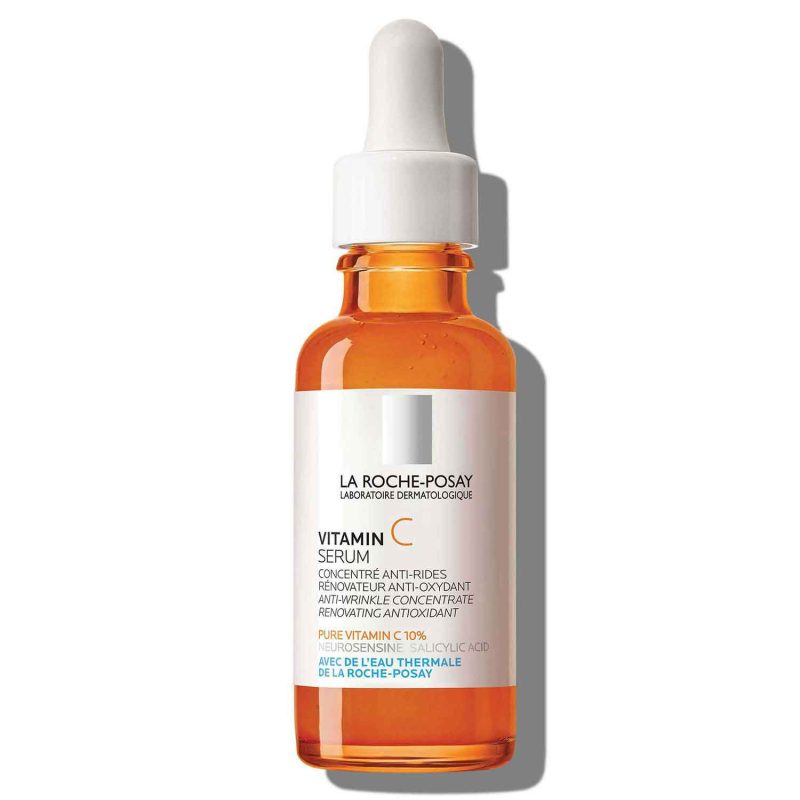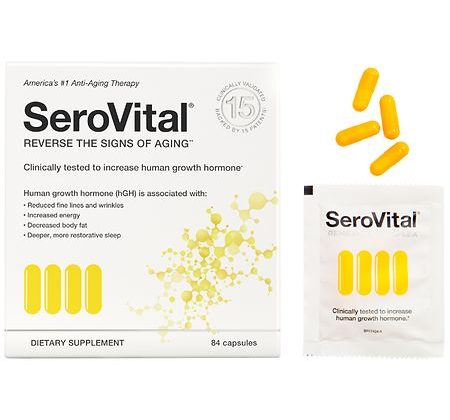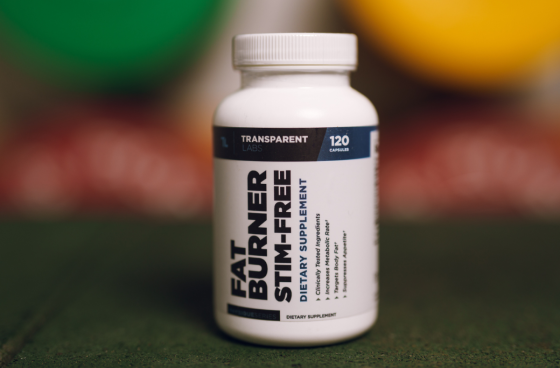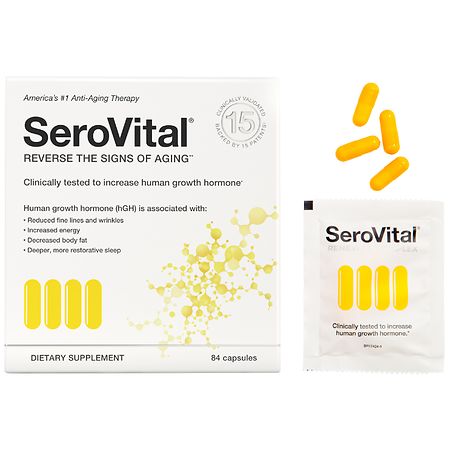Our lungs are constantly exposed to air pollutants, including chemicals, particulate matter, and biological materials, both indoors and outdoors. Regular exposure to these toxins can lead to lung damage and disease. While it’s challenging, particularly in cities, to fully shield our lungs from air pollution, there are measures we can take. For instance, we can stay indoors during high pollution levels. However, it’s impossible to evade all air pollutants, and our lungs need support to function optimally amid these conditions.
One effective way to bolster our lungs is by ensuring they receive the right vitamins and minerals. A diet rich in organic, fresh, and whole foods plays a crucial role in maintaining overall health. Yet, the modern lifestyle’s stresses can deplete our bodies of these nutrients, necessitating additional support to guarantee our bodies have sufficient vitamins and minerals for optimal organ function. Here are some essential vitamins and minerals known for their lung-supportive properties:
– Vitamin A: This vitamin aids the lungs’ mucous membranes in acting as a barrier against bacteria and viruses. A deficiency in Vitamin A can reduce the lungs’ (and the body’s) ability to ward off infections.
– Vitamin C: As an antioxidant, Vitamin C eradicates free radicals in the body, including those in the lungs that result from inhaling polluted air. Being water-soluble, excess Vitamin C gets excreted through urine, necessitating regular replenishment. As our bodies don’t produce Vitamin C, we need to obtain it from external sources.
– Vitamin D: Vitamin D is beneficial for the lungs due to its anti-inflammatory properties. Inflammation in the lungs can hinder breathing and impair lung function.
– Magnesium: Magnesium serves as a bronchodilator, reducing resistance in the airway and enhancing airflow to the lungs. It’s believed that a low magnesium intake may contribute to asthma and chronic obstructive airways disease.
– Selenium: Similar to Vitamin C, selenium is an antioxidant that helps prevent cellular damage from free radicals. Studies suggest that selenium can reduce the occurrence of chemically induced cancers, decrease certain carcinogens’ mutagenic activity, and inhibit tumor growth in mice.
November is Lung Cancer and Chronic Obstructive Pulmonary Disease (COPD) Awareness Month. Use this time to learn more about these lung diseases. Both are preventable, and you can protect yourself by minimizing your risks and providing your body with the necessary vitamins and minerals to maintain healthy lung function.
Discounted vitamins and herbal supplements can contribute to vision support. Vitamins and supplements are important to fill essential gaps and enhance life quality for individuals across all age groups.











